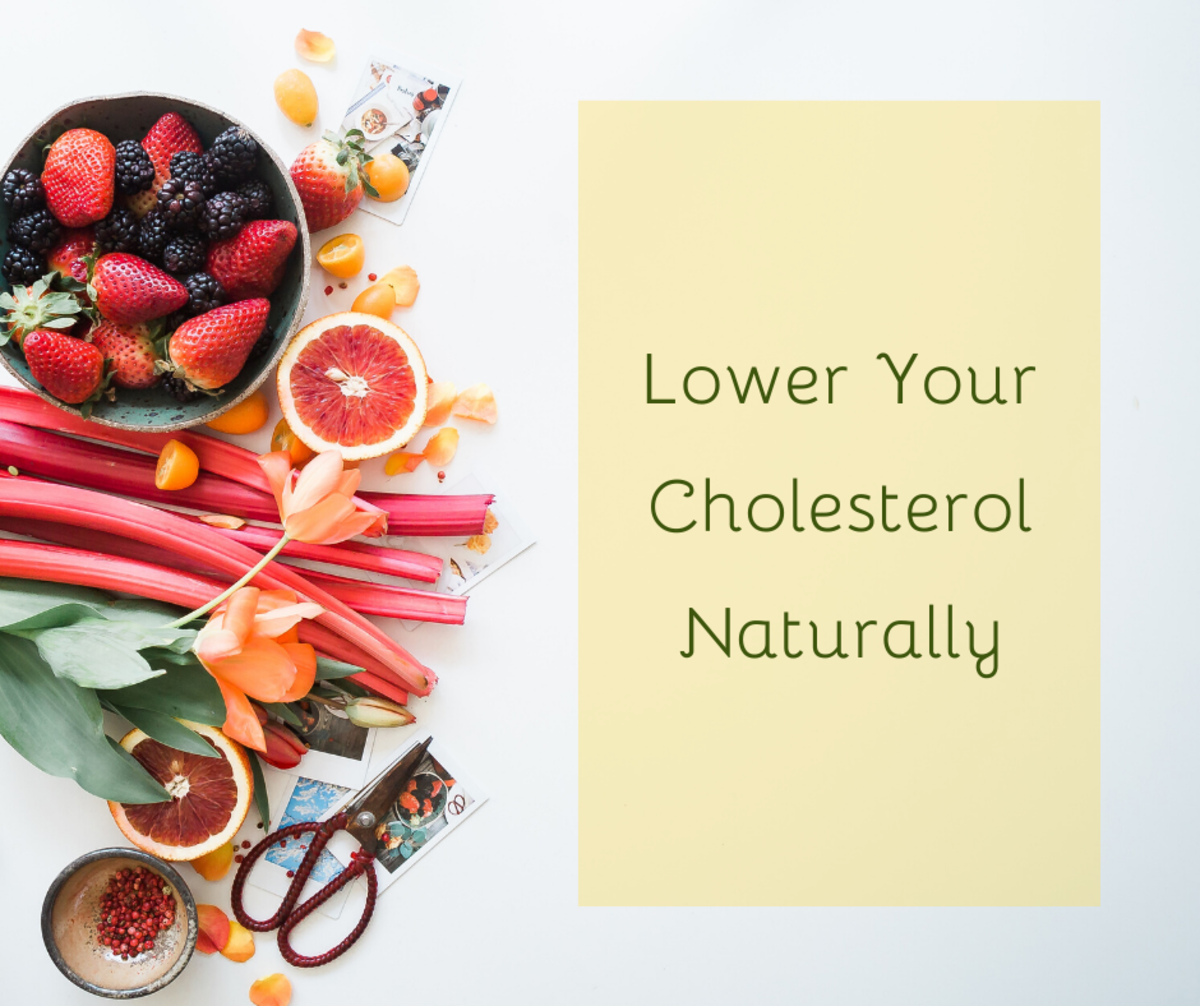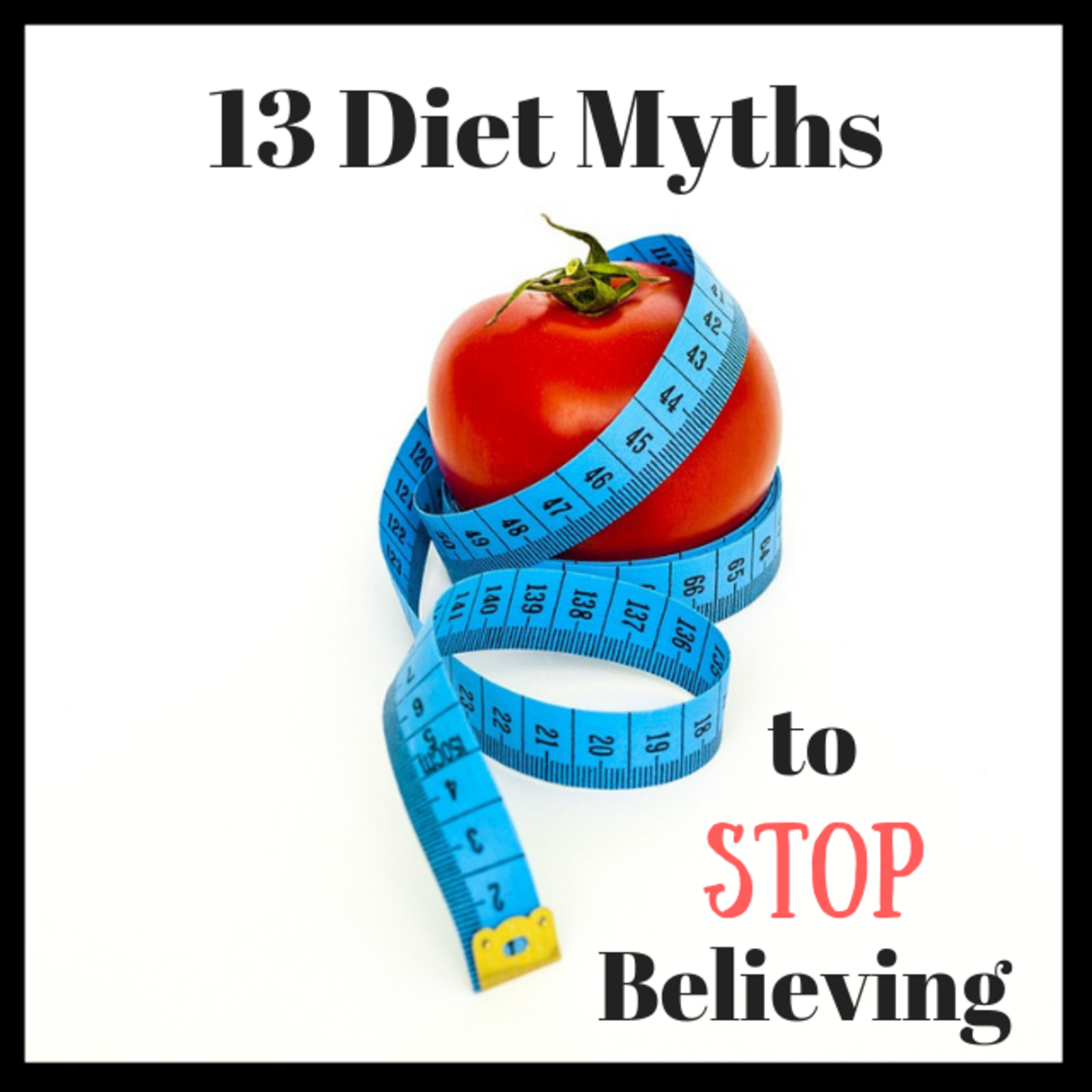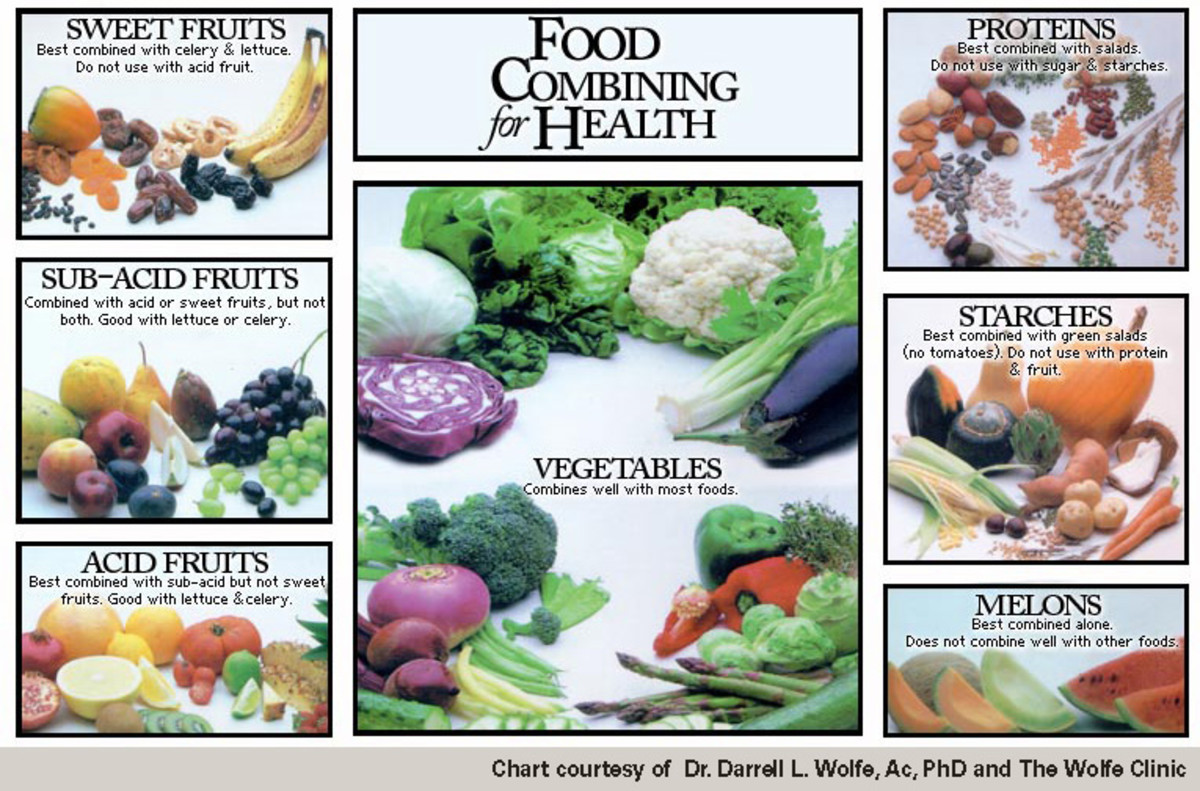- HubPages»
- Health»
- Diet & Weight Loss»
- Healthy Diets
Cholesterol: Healthy Levels, Right Diet and How to Prevent It in a Natural way
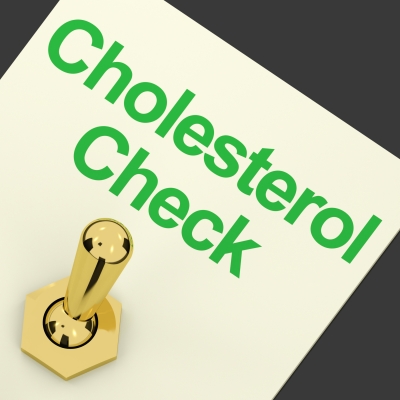
Cholesterol: Good and Bad ?
Our body is sustained through rigorous maintenance and care, constantly being provided with supplements, nutrients, exercise and what not. Vitamins, carbohydrates, sugars, protein, fats, minerals and cholesterol are all mandatory nutrients for all our organisms and systems to work correctly and to their fullest capacity.
Cholesterol is a fat-like substance that can be found in any cell of the body which is required for the creation of various hormones and substances. This travels in packs through the bloodstreams in the arteries. They are basically small packages of fat that help with digestion and our well being.
For the most part, our organisms create as much cholesterol as they could need for the everyday tasks. So the daily consumption of this nutrient really is not needed. There are cases of course in which there is an abnormal deficiency of it but it is very rare. For the most part, we do not need more than what we have already.
5 Worst Foods For Your Heart
Despite this, we consume meals with very high levels of cholesterol every day, raising our levels of it and putting us in potential danger. When this happens, there is a buildup in our arteries of the fatty nutrient and the bloodstream can become blocked. This can lead to severe heart diseases and all without any specific symptoms as to if we have high blood cholesterol or not. Because of having such a high risk and no symptoms to let you know of it, the best course of action to take is go to your doctor for a blood test since it is the only way to see where you stand.
Doctores recommendations
Doctors recommend getting a baseline cholesterol test when you turn 20 years old and doing it every five years or so. They might also suggest more frequent visits or precautions depending on your family history and what not. A good thing to keep in mind though is to stay away from foods that you know are filled with cholesterol as a general prevention. These are generally categorized as follows:
- Fat and oil filled foods: These could be butter, bacon, pal oil or coconut oil. Try reducing their use in your kitchen as much as possible
- Trans Fat: These can be found in cookies, crackers, chips or hydrogenated vegetable oils.
- Meat: As delicious as chicken, pork, fish, sheep, lamb, bunny and cow meat is, the servings should be limited.
- Fatty Meats: This includes hot dogs, bologna, corned beef, sausages, liver and kidney since they are all filled with fats.
- Milk products: This applies to those that contain more than 1% milk fat such as cheese, whipped toppings and creams.
- Egg yolk
- Fast food: They are all filled with fats, both total and saturated.
- Quick Bake goods: These are quick breads, cakes and croissants which contain a lot of hydrogenated fat.
- Coffee
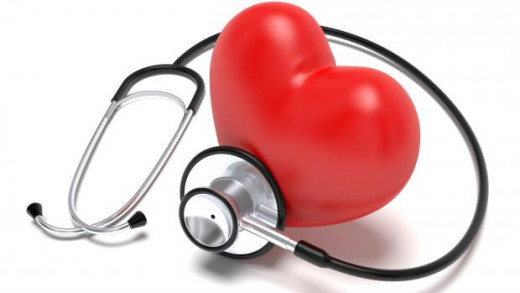
Foods that Lower you Cholesterol Levels
The foods you should be eating if concerned about your cholesterol level are things like oatmeal, salmon and omega-3 fatty fishes, beans, garlic, olive oil, spinach and avocadoes. Some great drinks are tea and red wine since they have great efficiency in decreasing the high blood cholesterol levels dramatically and give us other perks as well such as fighting antioxidants and increasing metabolism.
Something else you have to keep in mind if you are keeping a close watch on your cholesterol levels is your triglycerides. These are a type of fat that resides in your blood and can also raise the risk for heart disease. They are created when your body does not require that many calories and decide to store some for later, thus converting them into triglycerides. This means that calories are also highly factored in your diet and should be monitored daily. The best prevention for having a high level of this type of fat is to exercises daily since the calorie intake will be higher and your body will burn more. Still, keeping an eye out for carbohydrates and fats and how much you are consuming each day is very helpful.
The only way you are going to know if your levels are high for this too is by getting a blood test. Your doctor will recommend how many times you should be taking these tests depending on family history and your first results. The levels fall into four categories, which are:
- Normal: 150 milligrams per deciliter or less
- Almost high/ Borderline High: 150 to 199 milligrams per deciliter
- High: 200 to 499 milligrams per deciliter
- Very high/ Risky: 500 milligrams per deciliter or more

The best level for everyone to aim for is 100 milligrams per deciliter. It is very healthy and it is very helpful to your heart. This amount can be reached with perseverance and shortages on bad and easy fats.
Depending on what you get from your test your doctor will advise for more or less exercise, different diet choices or lifestyle changes you should consider. Our nation is suffering a lot from high levels of triglycerides and cholesterol because we sit all day and eat fast food instead of cooking something healthy at home. This means we are stocking up in all the bad fats and not even trying to get rid of them. Exercise and a balanced diet is by far the best way to achieve a healthy way of life. Drugs and surgery have of course been considered but the risk and costs for those decisions are high and leave very little survivors with good results.
When going to your doctor for your checkup, you should keep in mind that there are three kinds of cholesterols. One is High-density lipoprotein (HDL) which is very good for you. The other one is Very-low density lipoprotein (VLDL) which causes an increase in Low-density lipoprotein (LDL) which is the bad one.
Basically, HDL gets rid of excess cholesterol and takes it to the liver, the VLDL increases the LDL and the LDL builds walls of cholesterol in the arteries which makes it harder for blood to flow and could lead to coagulation. Inactivity and a bad diet makes the low-density lipoprotein grow and continue making walls while the high-density one attempts to take as much cholesterol as it can to the liver.
Needless to say, our body needs our help to function as it should. Cholesterol and triglycerides should not be ignored since they could create bigger problems for us in the future, especially with our heart that keeps everything circulating with the blood it needs. Changes will need to be made with our diet and way of life but they will all be for the better if we reduce the levels of these nutrients in our food since or body is already creating all that it needs when it comes to them.




